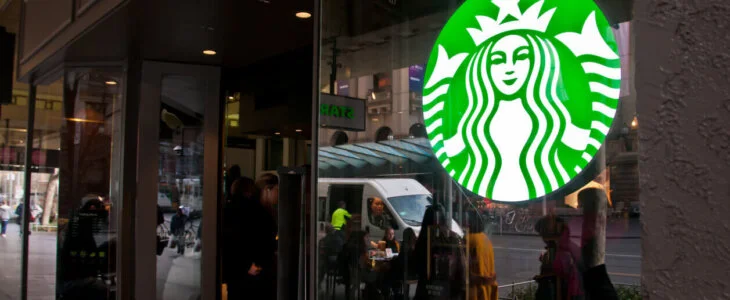Starbucks recently announced that it reached a voluntary settlement with the Equal Employment Opportunity Commission (EEOC) over allegations of racial bias in employee promotions. While the impact on the coffee chain remains to be seen, this story highlights how racial discrimination is prevalent in many workplaces. Ultimately, the best way for workers to protect their rights is to consult with an experienced employment lawyer.
The Backdrop:
In a letter to employees, CEO Kevin Johnson said Starbucks reached the agreement with the EEOC “through a voluntary process earlier this year” and that the company does not know what prompted the allegations. The agreement with the federal agency was disclosed in Starbucks’ third annual civil rights assessment by Covington & Burling.
Starbucks initially consulted the law firm to conduct a civil rights assessment in 2019, months after police arrested two African American men who hadn’t ordered yet at a Philadelphia cafe.
According to the firm’s report, the EEOC’s allegations were based primarily on workforce data from 2007 through 2011 that indicated minority retail partners in the U.S. received fewer promotions than statistically expected.”
The report notes that Starbucks’ own analysis of its data did not reveal systemic racial discrimination in store-level promotions, but that the firm did not independently investigate the allegations. In short, Starbucks has agreed to take measures to make the promotion process more formal and transparent by:
- Developing an application tracking system showing all retail job posting
- Barring store managers from promoting workers outside of the formal promotion framework
- Implementing new training for leadership involved in hiring decisions, including new interview guides.
In addition, the role of the company’s inclusion and diversity team will expand to include overseeing compliance and ensuring diversity goals play a role in business decisions and the company has hired an independent auditor to monitor progress and report to the EEOC.
In the wake of the Black Lives Matter protests last year, Starbucks made additional commitments to stand up for racial justice and equity, and the agreement with the EEOC is another step in that direction.
“The agreement is not only the right thing for partners; it has also led us to focus more resources on structural changes necessary to support partners’ career progressions and ensure that every partner has the opportunity to learn about promotion opportunities,” Johnson wrote.
Meanwhile, according to statistics the Seattle-based coffee chain released in October 2020, however, Starbucks’ corporate staff is less racially diverse than its retail workforce:
- Among retail employees, about 8 percent are African American, 5 percent are Asian and about 27.5 percent are Latinx
- Among corporate employees, about 4 percent are African American, 7 percent are Latinx and 19 percent are Asian
If you believe you have been denied a promotion at a Starbucks location in the greater New York area, talk to an employment lawyer.

